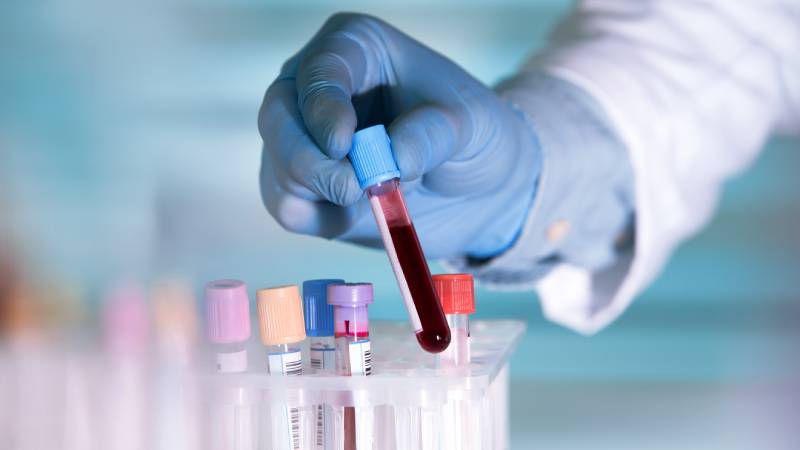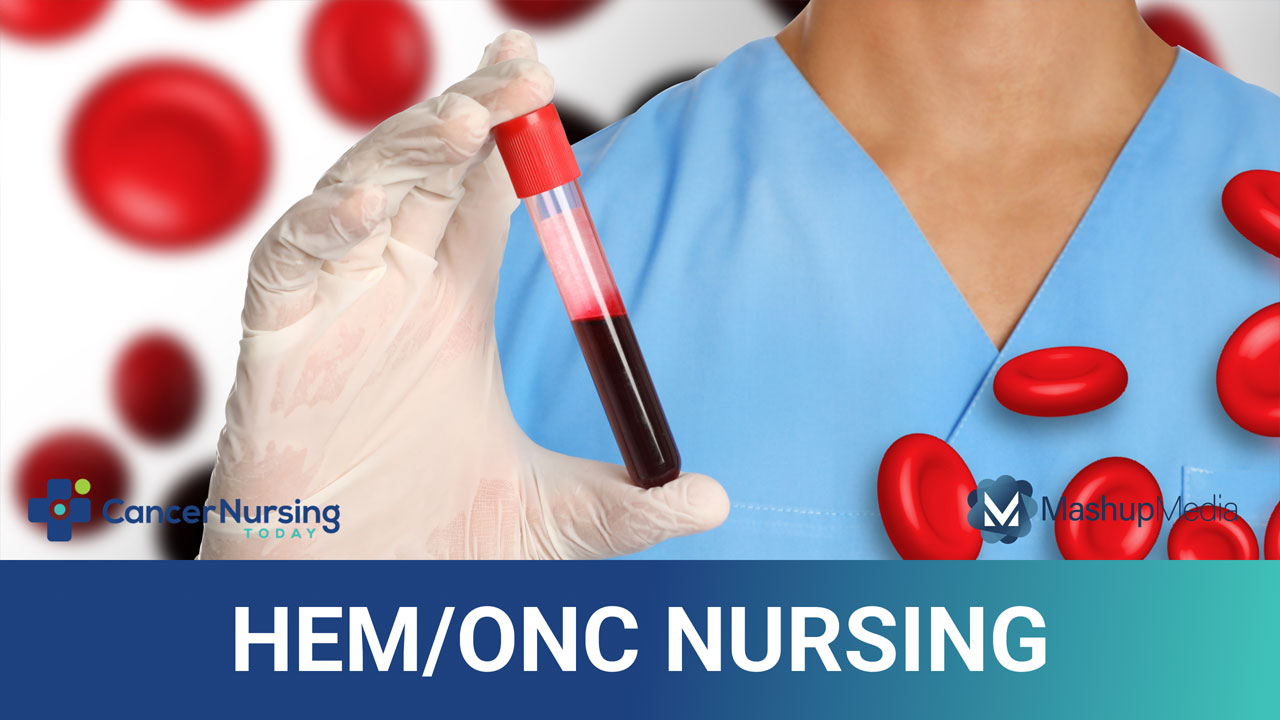
MPN
Advertisement
Prithviraj Bose, MD, unpacks key highlights in MPN treatment and research at ASH 2024.
Researchers evaluated treatment patterns, blood count control, and use of phlebotomy in patients with polycythemia vera.
An ASH 2024 presentation of data from the Myelofibrosis and Essential Thrombocythemia Observational Study provided insights.
Beth Faiman, PhD, MSN, APN-BC, AOCN®, BMTCN®, FAAN, FAPO, discusses her experiences and shares resources.
The panel used an iterative process to create patient-facing and provider-facing consensus statements across 7 domains.
Hear about an NP's journey into hematologic oncology and how she has seen the treatment landscape evolve.
An analysis of the RESPONSE and RESPONSE-2 studies further supports the benefit of ruxolitinib in these patients.
Dr. Bose shared his insights at the Twelfth Annual Society of Hematologic Oncology Meeting in Houston.
An exploratory analysis of the MOMENTUM trial evaluated how the JAK inhibitor impacted OS and LFS in these patients.
An MPN program director discusses the key elements that oncology nurses should keep in mind when observing these patients.
Researchers developed and piloted a novel phone-delivered positive psychology intervention called PATH.
Not all patients with polycythemia vera meet the WHO diagnostic criteria for hematocrit and hemoglobin values.
The study's authors presented the data at the 15th International Congress on Myeloproliferative Neoplasms.
A study presented at the 15th International Congress on MPNs synthesized existing literature to evaluate the association.
With the involvement of clinical nurse specialists, the average triage response time was within the same day.
Researchers examined the natural history, clinical characteristics, and outcomes of veterans with MPNs.
Limited diagnostic resources, such as EPO level tests, can result in late or misdiagnosis and increased health care costs.
The average cost of hospitalization for a TE was $4000-9000 higher than for generally medically ill patients.
Investigators noted improved spleen size and blood parameters in addition to improvement in PV symptoms.
Rusfertide improved response maintenance and reduced the need for therapeutic phlebotomy.





















 © 2025 Mashup Media, LLC, a Formedics Property. All Rights Reserved.
© 2025 Mashup Media, LLC, a Formedics Property. All Rights Reserved.